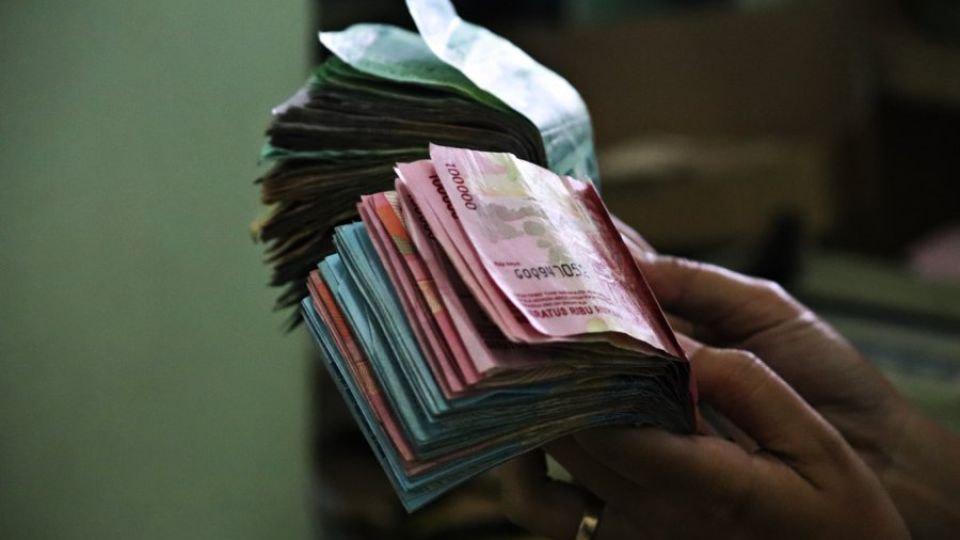April 28, 2023
JAKARTA – Indonesia may be better positioned than many of its peers to weather a possible wave of debt crises in developing nations, an economist has suggested.
Publicly listed lender Bank Permata chief economist Josua Pardede told The Jakarta Post on Wednesday that Indonesia was relatively protected from debt crisis risk.
“[Our national debt] is only 39 percent of the gross domestic product [GDP], a figure that is relatively safe compared to other countries,” said Josua.
Read also: RI growth to moderate despite China reopening
Some developing countries have significantly higher debt-to-GDP ratios.
According to Trading Economics data, Brazil’s national debt was 78.29 percent of its GDP last year, while Thailand’s was 59.61 percent of GDP in the same year. Some countries even surpassed the 100 percent of GDP mark, meaning their total debt exceeded what their economies produced in a year.
The International Monetary Fund wrote in April’s World Economic Outlook that emerging and developing economies were facing “systemic sovereign debt distress”, following rate hikes led by major central banks in the world.
Even though the pressure had eased, the IMF noted that vulnerabilities remained high, with about a quarter of emerging market economies thought to be at high risk.
For low-income developing countries, things were worse, with about 56 percent thought to be either already in debt distress or at high risk, the IMF wrote.
The lender also noted that higher shares of external debt issued at variable interest rates and denominated in US dollars had provided greater exposure to the risk for a number of countries.
Meanwhile, Indonesia has seen progressively less foreign ownership of its sovereign debt, with the figure down to 14.36 percent last year from more than 25 percent before the pandemic.
“Indonesia’s foreign debt can also be considered relatively safe,” Bank Permata’s Josua said.
Read also: Why the G20 should defer debt from emerging economies like Indonesia and India
Earlier this week, World Bank Chief Economist Indermit Gill told Reuters that “more train wrecks” were coming in response to the US’ interest rate hikes, which would keep money out of emerging markets for some time.
While the IMF noted the concerns of developing nations, Gili pointed out the struggle of the poorest countries.
Gili said some measures had been taken to address debt risk, including through the Common Framework set up by the Group of 20, but the policy was considered lacking and only lightened part of the load.
Gili called for new approaches to the mounting debt issues that might include steps to factor domestic borrowing into assessments of countries’ debt sustainability levels.
Permata’s Josua said that if a debt crisis indeed materialized in developing countries, Indonesia might feel some spillover effects but that the country’s healthy debt position, solid growth and robust domestic consumption and investment would likely see it through.


